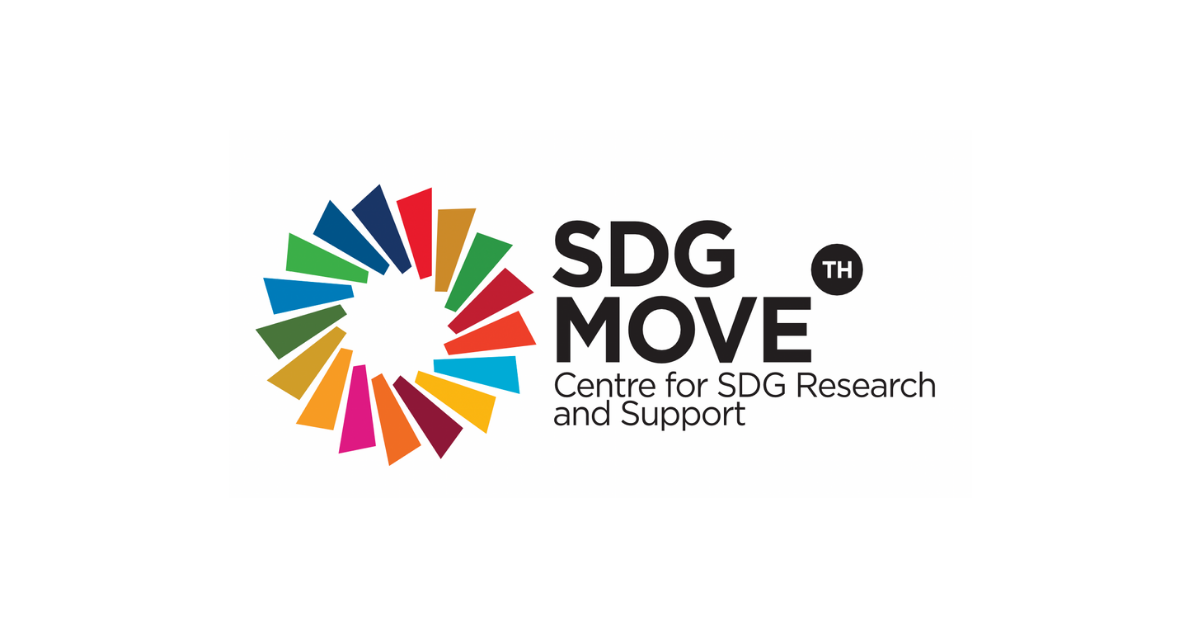In 2015, the United Nations (UN) proposed the 2030 Agenda for Sustainable Development at the United Nations General Assembly, which is a global plan to achieve the Sustainable Development Goals (SDGs) by 2030. The SDGs have been endorsed by 193 UN member states, including Thailand.
In response to the Agenda, the Thai government established the National Committee for Sustainable Development (CSD), headed by the Prime Minister, to pursue the concrete implementation of SDGs in Thailand. The CSD consists of representatives from all government ministries, the private sector, and the academic sector. Under the CSD, there are four sub-committees:
- The Sub-committee on Advancing Sustainable Development Goals
- The Sub-committee on Promoting Understanding and Assessing Sustainable Development in Line with the Philosophy of Sufficiency Economy
- The Sub-committee on Developing Information Systems to Support Sustainable Development
- The Sub-committee on Strategic Environmental Assessment (SEA)
The Thailand Research Fund (TRF), as a major source of research funding in Thailand and a member of the CSD, saw the need for a unit to support strategic research to support the work of the CSD and the implementation of the SDGs in Thailand. In August 2016, the TRF partnered with the Faculty of Economics, Thammasat University, to establish the “Research Coordination for Sustainable Development Goals (SDGs) Project (SDG Move)”.
History
2016 – 2020 | Research Coordination for Sustainable Development Goals Project (SDG Move)
SDG Move served as the Strategic Research Issue Unit (SRI Unit) of the TRF from 2016 to 2020. During this time, SDG Move tracked the progress of academic research on the SDGs in Thailand and abroad, defined the direction and provided funding for research by the TRF related to the drive of SDGs in Thailand.
Throughout the four years with the TRF, SDG Move has worked with a wide range of stakeholders in Thailand, including government agencies, the private sector, civil society organizations, international organizations, and academic networks. These partners included:
- Government agencies, such as the National Economic and Social Development Board (NESDB), the National Statistical Office (NSO), the Office of Natural Resources and Environmental Policy and Planning (ONEP), the Ministry of Natural Resources and Environment (MNRE), the Department of International Organizations, the Office of the Auditor General, and the National Science and Technology Development Agency (NSTDA)
- Private sector organizations, such as the Global Compact Network Thailand (GCNT) and CP All
- Civil society organizations, such as the Coordinating Committee for Non-Governmental Development Organizations (CCNGO) and the Network of Environmental NGOs
- International organizations and NGOs, such as the World Wildlife Fund (WWF), Gruppo Jobel, the European Union, and the United Nations
- Academic networks working on sustainable development issues nationwide
2021 | SDG Research and Support Programme (SDG Move)
2021 was a year of major changes in research and the SDGs, both globally and in Thailand. One of the most important changes in research was the establishment of the Ministry of Higher Education, Science, Research and Innovation (MHESI) on May 1, 2021. This change led to the transformation of national research system. TRF was transformed to be the Office of Thailand Science Research and Innovation (TSRI). SDG Move, as a result, had to cease operations at the end of the second phase in 2021.
Since 2021, SDG Move has returned to the Faculty of Economics, Thammasat University, and became a programme under Policy Research Centre on Green Economy (PRO-GREEN), in a new official name, the “SDG Research and Support Programme”.
While embedded within PRO-Green, SDG Move realized its potential to qualify as a full-fledged faculty research center. We believed that increased resources and a formal center status would significantly enhance our impact. Following discussions with interested faculty members, we proposed establishing a dedicated research center within the Faculty of Economics. This formal recognition would empower SDG Move to collaborate more effectively and concretely with international organizations like the United Nations. Notably, the UN recently reached out to the university for a meeting to discuss SDG advancement, highlighting the value of a formal research center structure.
2023 | Centre for SDG Research and Support (SDG Move)
2023 marks the 6th anniversary of the establishment of SDG Move. With the intention of being a part of promoting knowledge development and connecting networks from all sectors to drive SDGs to their full potential, SDG Move has been transformed from a programme into a research center under the Faculty of Economics, Thammasat University. The new name of the center is “Centre for SDG Research and Support (SDG Move).”
Vision and Mission
Vision: The SDGs in Thailand can be achieved successfully using knowledge and cooperation from various sectors.
Mission: “Connect Thailand and the world to drive the Sustainable Development Goals” through the following activities:
- Tracking knowledge and the advancement of SDGs in Thailand and abroad
- Promoting, managing, and developing knowledge that supports the advancement of SDGs in Thailand and Southeast Asia, especially policy research
- Connecting academic networks at all levels in Thailand and abroad, including connecting the academic sector with other sectors for the advancement of SDGs
- Promoting and supporting education for sustainable development, with a focus on but not limited to higher education
SDG Move as the National Host of Sustainable Development Solutions Network Thailand (SDSN Thailand)

In March 2020, SDG Move successfully worked with the Center for Peace and Conflict Studies, Chulalongkorn University, and the Technology and Informatics Institute for Sustainability (TIIS) under the National Science and Technology Development Agency (NSTDA) to obtain official recognition for the establishment of the “Sustainable Development Solutions Network Thailand (SDSN Thailand)” the national network of The UN Sustainable Development Solutions Network (SDSN).
The SDSN, established in 2012 by the former UN Secretary-General, Ban Ki-Moon, and world-renowned economist and professor, Jeffrey Sachs, works under the auspices of the UN Secretary-General to mobilize academic experts to find “solutions” for sustainable development. As of 2023, the SDSN has over 1,800 members in 50+ networks across more than 145 countries.
The SDSN Thailand is hosted by:
- The Centre for SDG Research and Support (SDG Move), Faculty of Economics, Thammasat University
- The Center for Peace and Conflict Studies (CPCS), Chulalongkorn University
- The Technology and Informatics Institute for Sustainability (TIIS), National Science and Technology Development Agency (NSTDA)
- The International Health Policy Foundation (IHPP)
The SDSN Thailand aims to:
- Create multi-stakeholder dialogue on SDGs
- Conduct policy research and produce proposals for the advancement of SDGs
- Support the development of issue-based networks for the advancement of SDGs
- Promote education for sustainable development
The establishment of SDSN Thailand was supported by several important organizations, including the Department of International Organizations, Ministry of Foreign Affairs, the National Think Tank Institute, and the Swiss Embassy in Thailand.
Find a list of 23 current SDSN Thailand member here











